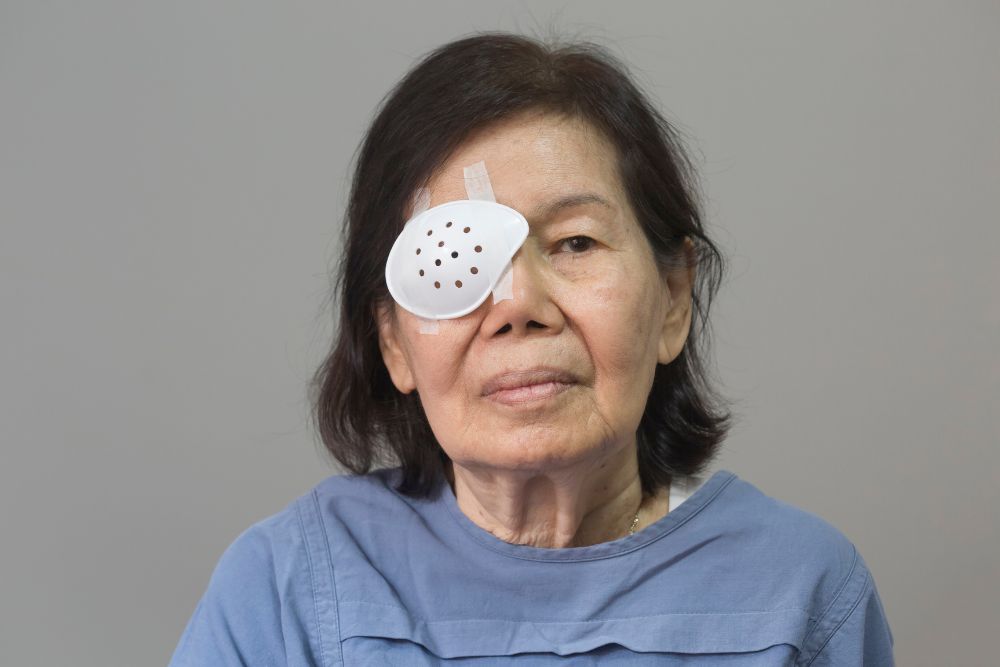Can Cataract Surgery Affect the Retina? What to Know About Post-Op Retinal Risks

Cataract surgery is one of the most successful and commonly performed procedures in medicine. While cataract surgery is generally very safe, it’s important to understand that, like any surgery, it carries a small risk of complications. In rare cases, these complications can involve the retina — the light-sensitive layer at the back of your eye responsible for sharp, detailed sight. Understanding these risks and knowing what to expect after surgery can help you act quickly if something doesn't feel right, protecting your vision and ensuring the best possible recovery.
How Cataract Surgery Can Affect the Retina
Cataract surgery focuses on the front of the eye, where the clouded natural lens is removed and replaced with a clear artificial one. While the retina isn’t directly touched during the procedure, surgery can subtly change the eye’s internal environment. For example, removing the cataract alters the vitreous (the clear gel that fills the back of the eye), and in some cases, this can place mild traction or stress on the retina, causing a tear that can lead to retinal detachment. Retinal detachment doesn’t always occur right after surgery and may develop months or even years later. Therefore, it’s important to stay alert for new flashes of light, sudden floaters, or a shadow in your vision, even long after cataract surgery.
In other cases, the inflammation that naturally follows surgery can cause fluid to leak into the central part of the retina, known as the macula. This swelling, called macular edema, can blur or distort central vision.
Both conditions are treatable, but they require prompt attention from a retina specialist to prevent long-term vision loss.
Risk Factors for Cataract Surgery Complications
Most cataract patients heal without any retinal problems. However, you may be at higher risk for retinal complications if you:
- Have high myopia, which naturally stretches and thins the retina.
- Have had previous retinal conditions such as retinal tears, diabetic retinopathy, or macular disease.
- Have underlying inflammatory or vascular eye conditions that could make the retina more sensitive after surgery.
Having risk factors doesn’t guarantee a complication, but it’s a good reason to keep a closer eye on your retinal health through regular check-ups.
Protecting Your Vision
For most people, cataract surgery restores clear, lasting sight. The key to maintaining those results is ongoing awareness and timely follow-up care. Even if you haven’t experienced any complications, regular visits with a retina specialist can help catch subtle changes that aren’t yet noticeable to you.
At The Retina Eye Center, our specialists are experienced in identifying and managing retinal changes that can follow cataract surgery. If you’ve had cataract surgery and notice new vision changes, contact us today to schedule an evaluation.
